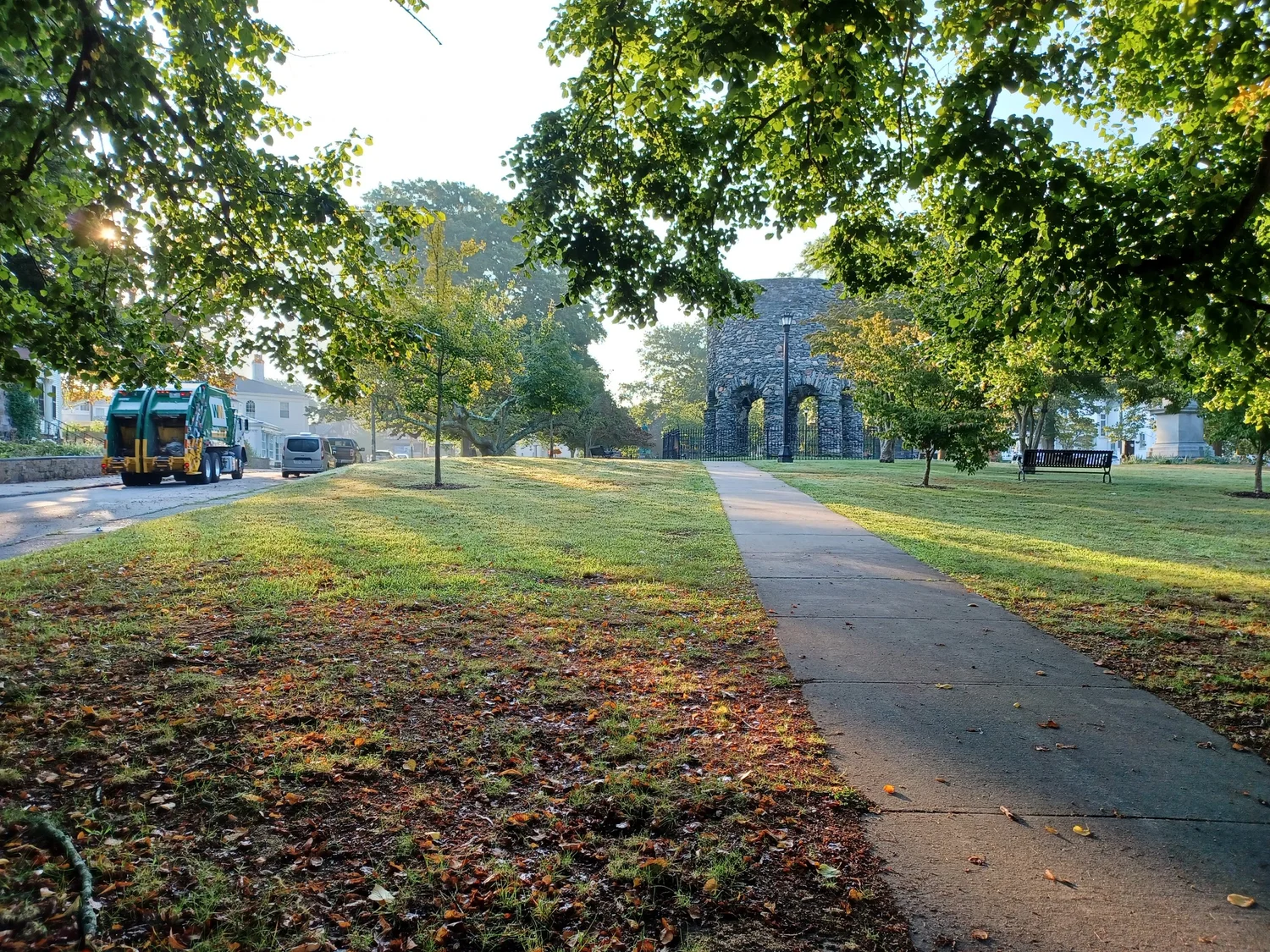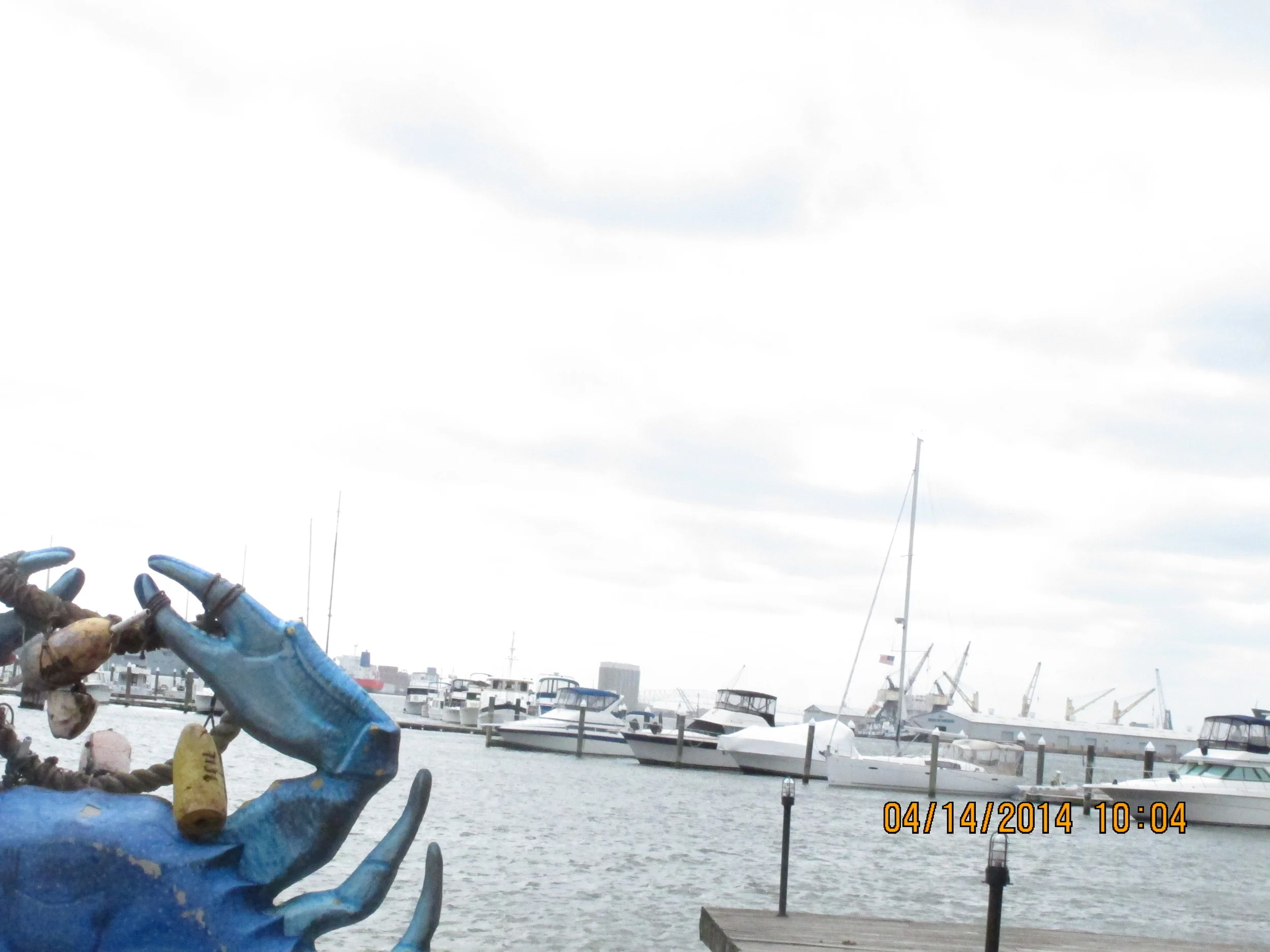"I solved two problems with one answer!"
/I lucked out this week and got to bring a mini-version of the AllBeforeUs role-play curriculum to a rigorous public high school in Brooklyn that focuses on community responsibility and perseverance. My kind of place.
I learned how ready kids are to redraw the canvas that surrounds their school building. Kids came up with savvy ideas on day one for making a public space up the street more resistant to floods and more conducive to good moods. Without much prior training in urban planning, they latched on to what planners call cobenefits- those single changes on the landscape that can free a wave of changes in daily life. These cobenefits become cost-effective under climate change because they can reduce stress and encourage trust, which people can cash in during fast crises (like hurricanes) or slow ones (like power outages).
I also saw how much space we can find in science education for learning about how governments fund things in the real world. On day two I prepared roles for kids to assume at their tables. Some were stay-at-home parents, some were politicians. All instantly got that they could bargain from different points of influence. The parent spoke out loud for better lighting, confident that the system would respond. The activists appealed to kindnesses to fundraise and organize. The mayor appealed to a broad audience. Nobody took the bait and offered to pay for the whole operation. This is not so different from what happens in real life.
Next week the students will vote on a compromise plan. A cue comes from the discussion on day one, when students reasoned that replacing asphalt with spongy pavement could create jobs. And when they got to the idea that a roof, maybe green, over the playground could absorb water and increase park use- which could reduce health problems and promote trust in the neighborhood.
"I solved two problems with one answer!" said one student in this discussion. Climate change, as it plays out, looks more like a systemic shakeup than like a separable problem. The more goodwill we can wring from each investment we make to live with climate change, the safer we can be. And the more we can learn.

